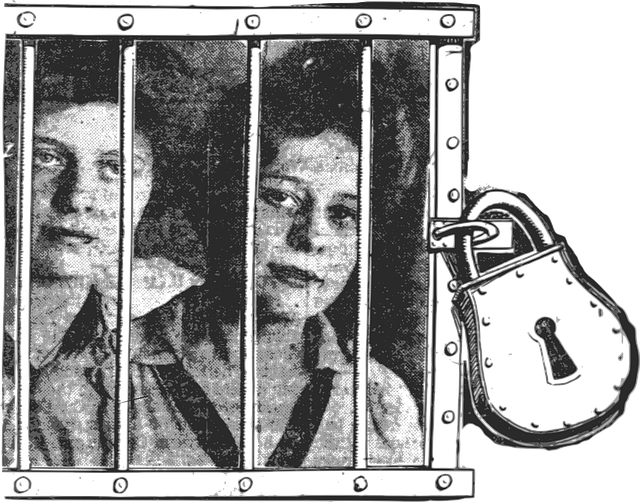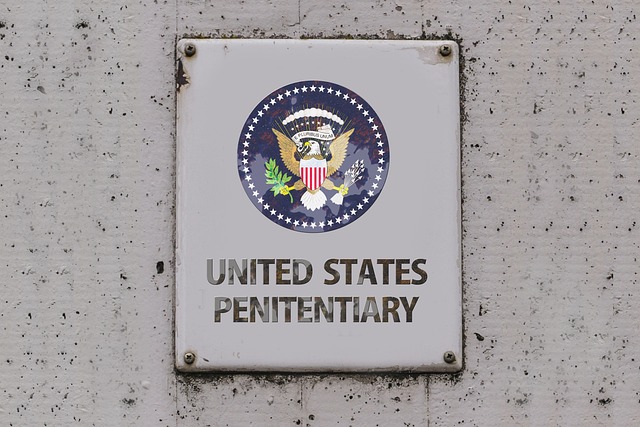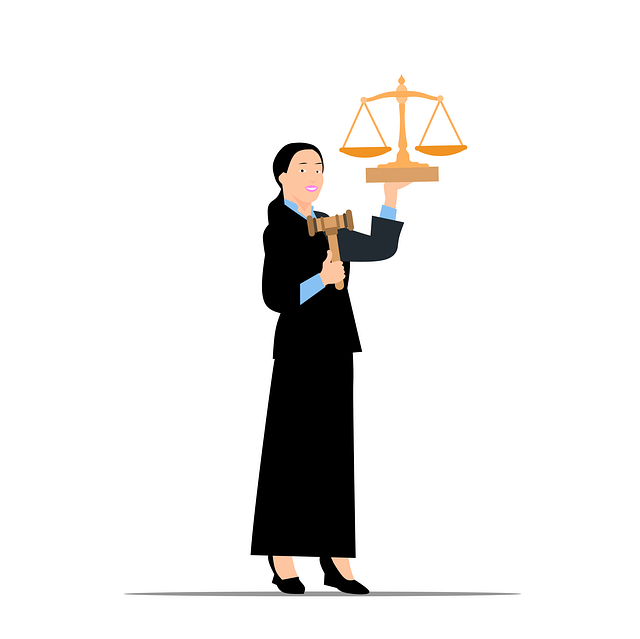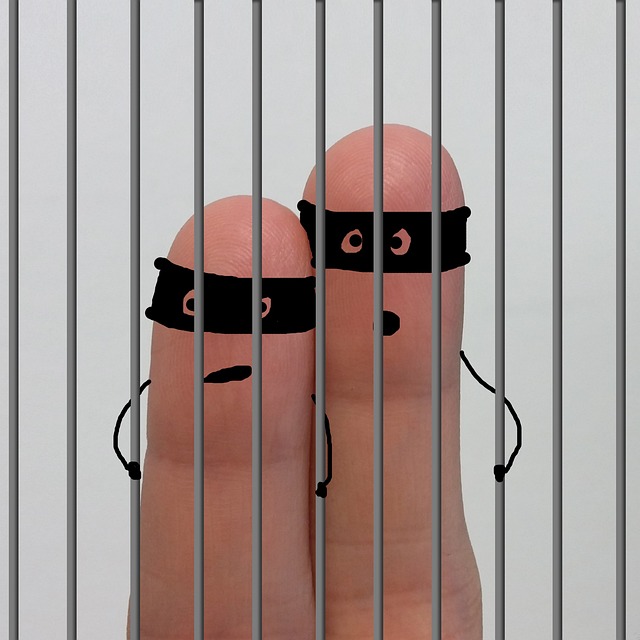DUI convictions significantly impact employment opportunities due to employer risk aversion and background check strictures. Industries with safety regulations often reject applicants with DUI history, leading to financial strain and disrupted stability. Legal protections exist but require specific criteria for consideration. Active rehabilitation, skill development, and support networks help individuals overcome barriers and regain career prospects. Proactivity is key in reintegrating into the workforce post-DUI.
“Following a DUI conviction, individuals often face significant challenges in their professional lives. This article delves into the profound impact of DUI’s on employment prospects and legal implications. We explore how DUIs affect job applications and background checks, discuss potential workplace discrimination, and provide recovery steps to restore career opportunities. Understanding these complexities is crucial for those seeking to rebuild their professional lives post-DUI.”
- Understanding DUI's Legal Implications on Employment
- The Impact on Job Applications and Background Checks
- Navigating Workplace Discrimination After a DUI Conviction
- Restoring Employment Opportunities: Post-DUI Recovery Steps
Understanding DUI's Legal Implications on Employment

A DUI (Driving Under the Influence) conviction can significantly impact an individual’s employment prospects, often creating a complex web of legal and financial consequences. In many cases, having a DUI on one’s record may lead to difficulty in securing employment, especially in industries with strict safety regulations or those requiring high-level responsibility. Employers are increasingly conducting background checks, and a DUI conviction can raise red flags, potentially resulting in rejection during the hiring process.
The legal implications extend further, as individuals facing DUI charges may also experience challenges in maintaining their current jobs. Depending on the jurisdiction and the nature of the offense, employers might be required to report the conviction, leading to potential disciplinary actions or even termination. Additionally, those convicted of DUI often face fines and community service, which can disrupt work schedules and impact overall employment stability.
The Impact on Job Applications and Background Checks

A DUI conviction can significantly impact an individual’s employment prospects. Many employers conduct thorough background checks, and a history of driving under the influence is often seen as a red flag. This can lead to challenges when applying for jobs, especially in positions that require a clean record and reliable performance. The presence of a DUI on an application may result in automatic rejection or increased scrutiny during the hiring process.
In the event of a conviction, individuals might face difficulty finding employment in various sectors, including transportation, logistics, and even certain professional fields. Insurance adjustments post-DUI can also be cumbersome, with potential increases in insurance premiums due to the higher risk associated with driving after consuming alcohol. This further complicates the job search and may require individuals to take steps to mitigate these issues, such as seeking specialized legal advice or exploring alternative career paths.
Navigating Workplace Discrimination After a DUI Conviction

Navigating Workplace Discrimination After a DUI Conviction
A DUI conviction can have significant impacts on an individual’s employment prospects, often leading to discrimination in the workplace. Employers may be hesitant to hire or promote individuals with a DUI history due to perceived risks and potential liability concerns. This can create a challenging landscape for those seeking employment or trying to advance their careers. Understanding the legal protections available is crucial; several states have laws prohibiting employers from discriminating based on past convictions, provided these individuals meet certain criteria, such as completing rehabilitation programs or having a clean record for a specific period.
Employment opportunities may still exist, but applicants must be prepared to disclose their DUI conviction upfront and demonstrate their rehabilitation and commitment to staying sober. This might involve explaining the circumstances leading to the DUI, showcasing successful participation in counseling or support groups, and providing evidence of responsible behavior since the conviction. Employers evaluating these cases should focus on an individual’s current abilities, suitability for the role, and potential for growth, rather than solely relying on past mistakes.
Restoring Employment Opportunities: Post-DUI Recovery Steps

A DUI conviction can significantly impact an individual’s employment prospects, but with the right steps towards recovery, restoration of career opportunities is possible. The first step involves completing any required rehabilitation or community service sentences as ordered by the court. This demonstrates a commitment to personal growth and responsibility, crucial for rebuilding trust with potential employers.
Additionally, individuals should focus on acquiring new skills or enhancing existing ones through education or training programs. This can help in transitioning into different job sectors or roles that align better with their post-DUI goals. Restoring employment opportunities also entails building a strong support network and seeking guidance from career counselors who understand the unique challenges of DUI cases. Remember that, in terms of DUI’s impact on employment, proactive measures and a positive mindset can pave the way for successful reintegration into the workforce.
A DUI conviction can significantly impact an individual’s employment prospects, but understanding the legal implications and taking proactive steps can help restore opportunities. By navigating workplace discrimination, adhering to recovery plans, and honestly addressing past mistakes during job applications, those with a DUI history can work towards rebuilding their careers. Remember, while a DUI may present challenges, it doesn’t have to define one’s professional future.






